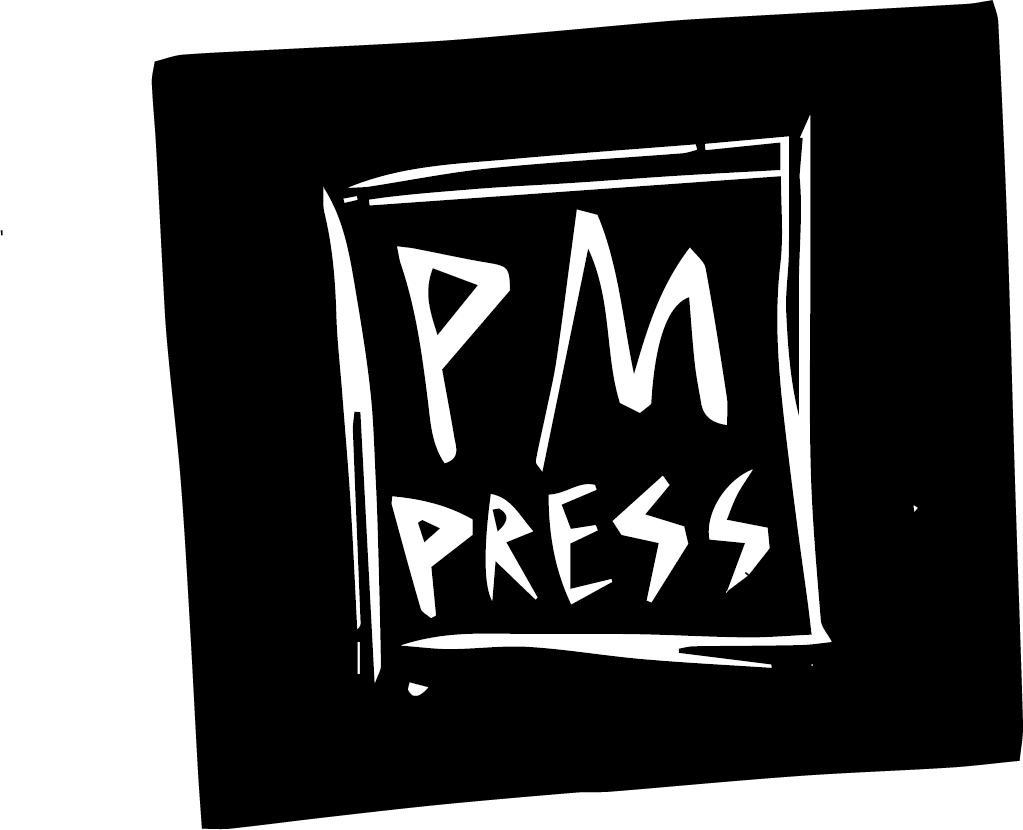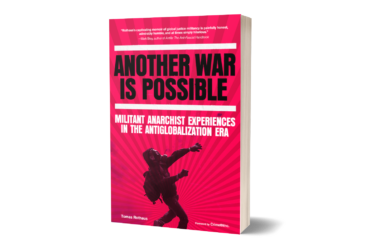For the Diggers of San Francisco, stew was subversive.
By Wren Awery
Atlas Obsura
In 1968, the poet Diane di Prima moved from New York to San Francisco. She wanted to work with the Diggers, self-identified community anarchists who performed street theater and organized mutual aid projects, from free stores to free housing to the dissemination of produce, hot meals, and bread.
Shortly after her arrival, Di Prima’s Volkswagen van was enlisted to help with the Diggers’ food distribution efforts. For Di Prima, who had come of age during McCarthyism and the FBI repression of the 1950s, the opportunity to turn her ideals into action was thrilling. “Suddenly to be able to be out in public, delivering food, having be-ins,” Di Prima said in a 1999 interview, “it just took a weight off your heart about having kept your mouth shut too long.” Over the next year, her household delivered fish and vegetables to over 20 different communes weekly.
The San Francisco Diggers formed in the fall of 1966, nearly two years before Di Prima arrived. The group started when it split off from anti-establishment Artists’ Liberation Front for ideological reasons—the ALF thought it was okay to sell goods at their street fairs while the Diggers, who believed everything should be free, did not. The Diggers’ formation was further catalyzed by the Hunters Point Social Uprising, a response to the police murder of Matthew Johnson, a Black teenager, which drew attention to the systemic racism that permeated the city.
Naming themselves after the English Diggers, 17th-century socialists who occupied private land, planted it communally, and distributed pamphlets arguing that the earth should be “a common treasury for all,” the San Francisco Diggers believed, much like their forebears, in putting the ideas they wrote about into action.
That October, the Diggers began serving free food in the panhandle of Golden Gate Park. For the first “Feed,” two recently unemployed Diggers, Emmett Grogan and Billy Murcott, procured donations of vegetables and meat from the San Francisco Produce Market. They turned these donations into stew, cooked in and served out of 22-gallon milk cans stolen from an industrial dairy.
The meals that followed, which fed up to 200 people daily, were part of a broader wave of food-based activism in the 1960s. As Warren Belasco writes in Appetite for Change: How the Counterculture Took on the Food Industry, this included “the symbolic importance of interracial dining sit-ins at segregated restaurants” and “consumer boycotts in support of lettuce and grape pickers,” as well as the Black Panther breakfast programs, which began in nearby Oakland in 1969.
The Diggers’ goal, Belasco writes, was “as much to teach as to feed.” Theatrical stunts, including screwing stew lids on tightly to make them difficult to open, were incorporated into the meals to push diners out of apathetic consumerism. The group also asked attendees to walk through a life-size “Frame of Reference”—built and painted bright orange by Murcott and Grogan—before eating. Crossing this 13-foot threshold symbolized stepping into the communal, money-free world the Diggers strove to create. Mimeographed broadsides scrawled with revolutionary poetry and satire were handed out at meals, further strengthening the idea that eating together went hand-in-hand with sharing ideas.
As a largely white group, their solidarity with activists of color was often clumsy and imperfect. But the Diggers frequently used these broadsides, as Kera Lovell writes in “Free Food, Free Space: People’s Stews and the Spatial Identity Politics of People’s Parks,” to “shed light on the connections between institutionalized racism and anticapitalism—even calling out patterns of racial prejudice within their hippie community.”
They also used the papers to entice diners to take part in events like Halloween 1966’s Intersection Game, a spectacle-meets-direct-action protest of how city streets were built for automobile traffic rather than pedestrians. This game, according to Bradford D. Martin in The Theater is in the Street: Politics and Performance in 1960s America, drew in about 600 participants, disrupted traffic in the Haight-Ashbury, and led to the arrest of five Diggers.
But by 1967, Digger Feeds were petering out. This could be explained by everything from a crackdown on food distribution by city authorities to population pressures in the Haight-Ashbury, which was filling with young people from all over the country in advance of the Summer of Love.
Another major cause was the burden these meals imposed on Digger women, including a group of former Antioch College students, who were responsible for sourcing food and cooking for the crowds that came to eat daily. This reflected the broader misogyny of the 1960s counterculture. While Digger men discussed politics, wrote broadsides, and staged theater, women tended to procure food stamps, cook, garden, and care for children. Digger broadsides were full of casual sexism, and Grogan’s manifesto “The Post-Competitive, Comparative Game of the Free City” imagines an anti-capitalist utopia in which “chicks,” as he calls them, would be responsible for sewing homemade clothing. Despite this, as Madeline Lane-McKinley writes in “Notes on Utopian Failure in Commune Kitchens,” many women in counter-cultural communities were able to take advantage of living and working collectively to organize against the patriarchy. Some Digger women even split off to start their own projects and organizations.
Still, women continued to play a role within the Diggers, including Di Prima, who writes about picking up “free Digger meat / for Free City Convention” in the San Joaquin Valley in her late 1960s poem “Revolutionary Letter #11.” Women were also founders and active participants in Digger Free Bakeries. In June 1967, Diggers baking at All Saints Church turned 400 pounds of flour and other ingredients into whole wheat bread, which they distributed in Haight-Ashbury. This first distribution was so successful that the Diggers soon opened a regular Free Bakery at the church. They gave away “almost 200 loaves of bread for free every Wednesday and Saturday” wrote baker Mary McClain in a September 1967 letter to the Los Angeles Free Press. Because the All Saints Church kitchen didn’t have baking trays, they took to making the bread in recycled coffee cans.
Free Bakeries proliferated throughout the Bay Area, including on nearby commune Olompali Ranch, where bread was made poolside on equipment donated by a bakery owner who had decided to, in hippie parlance, “drop out.” After baking around 300 loaves, Olompali residents transported the bread to San Francisco, where it was distributed in the Haight-Ashbury and Fillmore. In May 1968, Ruth and Walter Reynolds started a free bakery farther afield at Resurrection City, an encampment on the National Mall in Washington, DC that was part of the Poor People’s Campaign, a multiracial campaign for economic justice spearheaded by Martin Luther King Jr and carried on, after his assassination, by other members of the Southern Christian Leadership Conference. At Resurrection City, the bakery made 15 loaves an hour that were, according to an article in The Berkeley Barb, “served fresh from the oven to the camp’s hungry residents … who usually only get one hot meal a day.”
Digger Bread also spread throughout the counterculture in recipe form. A leaflet offered a list of where to buy wholesale flour cheaply in the San Francisco area, instructions for making 12 loaves at once, and the stipulation that, although anyone was welcome to use the recipe, “you always give [the bread] away.” Versions of it were reprinted in underground newspapers and periodicals, including the very first issue of Mother Earth News, although, as the recipe proliferated, the message that the bread should always be free disappeared.
The San Francisco Diggers fizzled out in 1969, which Di Prima attributed to a combination of political repression, naivety, drug-related harm, and “a big revolutionary ego game.” Still, Free Bakeries and Digger-inspired projects continued throughout the 1970s in both the Bay Area and other cities, and their work has had an influence on mutual aid over the years. Lovell, Belasco, and Martin have all drawn connections between the Diggers’ food distributions and long-running free meals in Berkeley’s People’s Park, as well as the group Food Not Bombs. More recently, the Diggers have inspired dinners hosted by Hawai’i-based group Eating in Public.
In spite of the misogyny of many of the men involved, the Digger ethos was perhaps best chronicled in the poetry of Di Prima. During the years that she worked with the Diggers, Di Prima began writing her multi-decade poetry series Revolutionary Letters and, in them, capturing the subversive fervor of the 1960s Left. In “Letter #21,” she asks, “Can you / own land, can you / own house, own rights / to other’s labor, (stocks, or factories / or money, loaned at interest) / what about / the yield of same, crops, autos / airplanes dropping bombs, can you / own real estate, so others / pay you rent?” For Di Prima and the other Diggers, the answer was an emphatic “No.” Their distribution of free stew, bread, and produce brought that belief to life.






